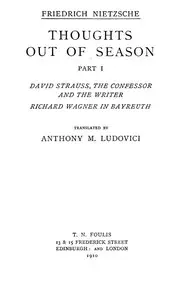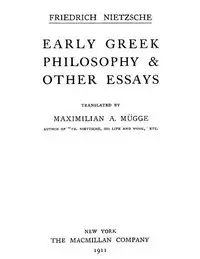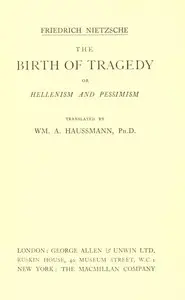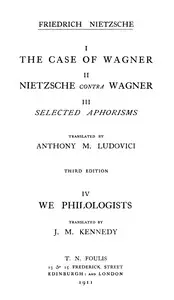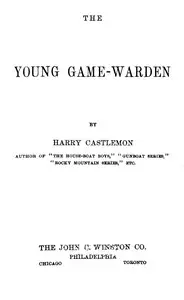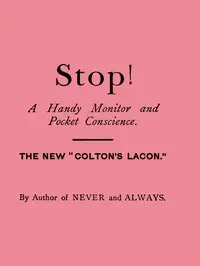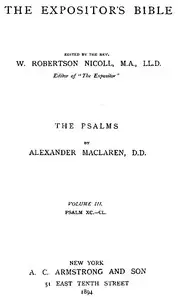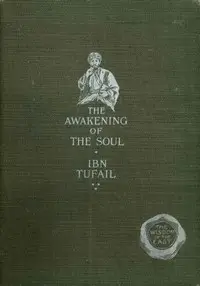"The Dawn of Day" by Friedrich Wilhelm Nietzsche is a philosophical work written in the late 19th century. This text marks a significant point in Nietzsche's intellectual journey as he begins to articulate his own philosophy and critique prevailing moral systems, aiming particularly at the foundations of morality itself. The work is reflective of his broader existential inquiries and engages with themes central to human nature, morality, and free will. At the start of this philosophical exploration, Nietzsche offers insights into the gradual evolution of moral concepts and their impact on human behavior. He discusses the idea of a "subterrestrial," a metaphor for those who delve deeply into their thoughts and the foundations of their beliefs, suggesting that true understanding often arises from solitude and introspection. He emphasizes the interplay between individual liberty and morality, positing that traditional values may stifle personal freedom. Furthermore, Nietzsche sets the stage for a critical analysis of customs and their influence on moral judgments, hinting at his forthcoming arguments that will challenge conventional ethical frameworks. (This is an automatically generated summary.)

The Dawn of Day
By Friedrich Wilhelm Nietzsche
"The Dawn of Day" by Friedrich Wilhelm Nietzsche is a philosophical work written in the late 19th century. This text marks a significant point in Niet...
Friedrich Wilhelm Nietzsche was a German classical scholar, philosopher, and critic of culture, who became one of the most influential of all modern thinkers. He began his career as a classical philologist before turning to philosophy. He became the youngest person to hold the Chair of Classical Philology at the University of Basel in Switzerland in 1869, at the age of 24, but resigned in 1879 due to health problems that plagued him most of his life; he completed much of his core writing in the following decade. In 1889, at age 44, he suffered a collapse and afterward a complete loss of his mental faculties, with paralysis and probably vascular dementia. He lived his remaining years in the care of his mother until her death in 1897, and then with his sister Elisabeth Förster-Nietzsche. Nietzsche died in 1900, after experiencing pneumonia and multiple strokes.

